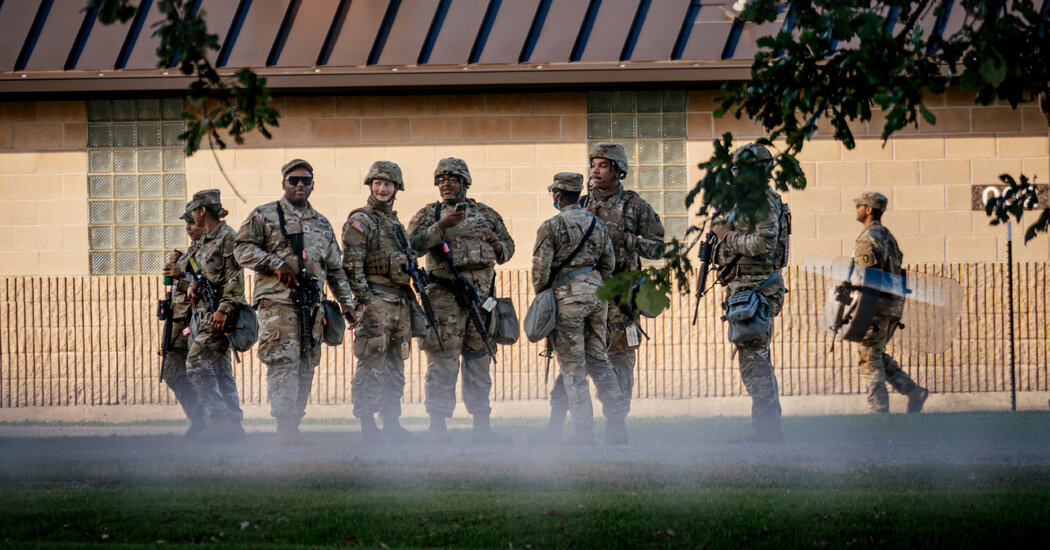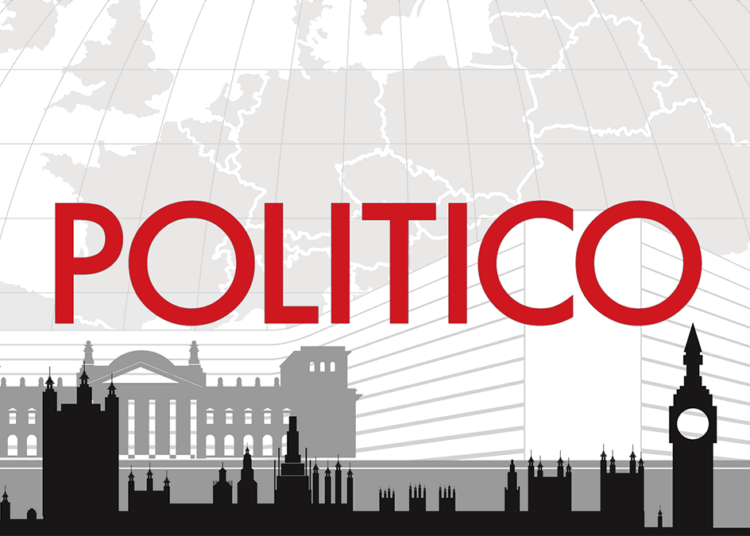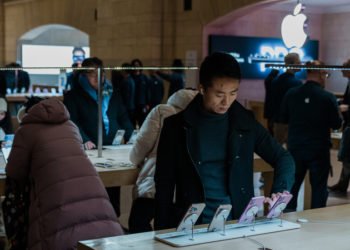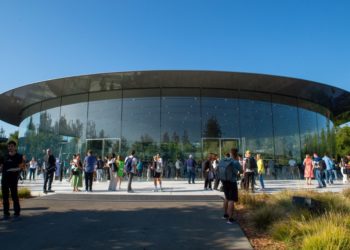The Supreme Court on Wednesday asked the Trump administration and state and local officials in Illinois for more information, as it considers whether the president can deploy hundreds of National Guard troops in the Chicago area.
President Trump has also ordered the state-based troops to Portland, Ore., Los Angeles and Washington over the objections of state and local leaders. The president’s efforts to use troops for domestic policing have prompted legal challenges accusing his administration of exceeding its authority — lawsuits that will most likely not be resolved until the Supreme Court acts.
The justices gave the administration and Illinois officials, who sued over the deployment, until Nov. 17 to respond, meaning the court will not resolve the matter before then.
Federal law allows the president to use members of the National Guard without the permission of state officials in certain circumstances, including when there is a “rebellion or danger of a rebellion” against the government or when the president “is unable with the regular forces to execute the laws of the United States.”
In its new order, the Supreme Court asked the parties to file additional briefs addressing whether the term “regular forces” refers to the “regular forces of the United States military,” and if so, how that should affect the court’s reading of the relevant statute.
The legal questions in debate have divided the lower courts.
The administration wants to station National Guard troops from Texas and Illinois outside an Immigration and Customs Enforcement processing center in Broadview, Ill., a Chicago suburb where protesters have gathered. Justice Department lawyers have told the court that “prolonged, coordinated, violent resistance” by protesters has interfered with law enforcement’s ability to do its job and justified the deployment.
In response, the Illinois attorney general, Kwame Raoul, and lawyers for the City of Chicago have countered that “no protest activity in Illinois has rendered the president unable to execute federal law.”
The Supreme Court is reviewing a decision from an ideologically diverse panel of the U.S. Court of Appeals for the Seventh Circuit that blocked the deployment. The appeals court did not resolve whether “regular forces” means “federal officers,” like border patrol or other federal law enforcement officers or troops serving in the military. But the court found “insufficient evidence that protest activity in Illinois has significantly impeded the ability of federal officers to execute federal immigration laws.”
The three-judge panel noted that the federal immigration facility has remained open despite regular demonstrations and that immigration arrests and deportations have proceeded in Illinois.
Ann Marimow covers the Supreme Court for The Times from Washington.
The post Supreme Court Asks for More Info in Trump Request to Deploy National Guard in Chicago appeared first on New York Times.




